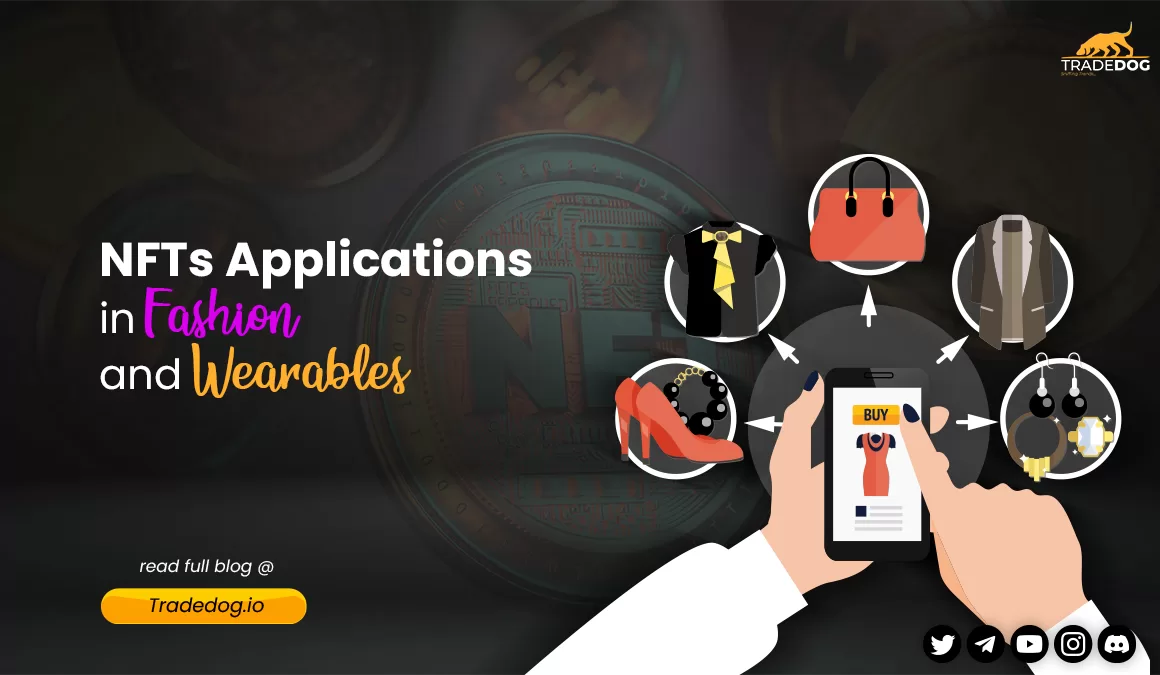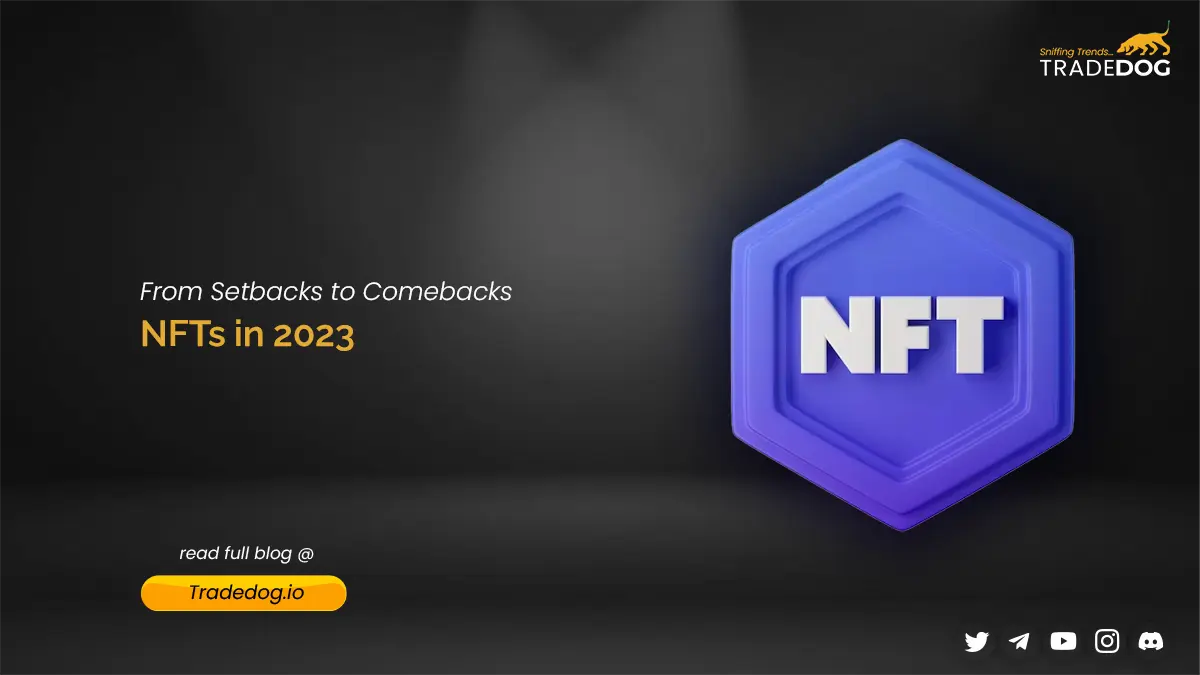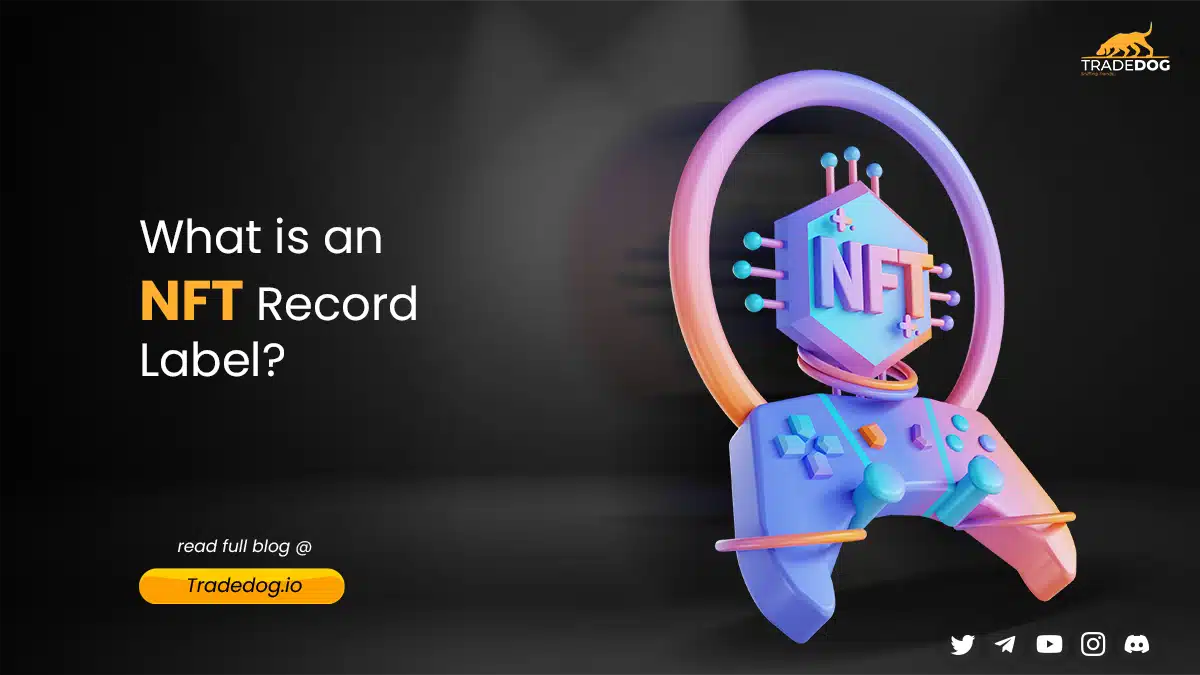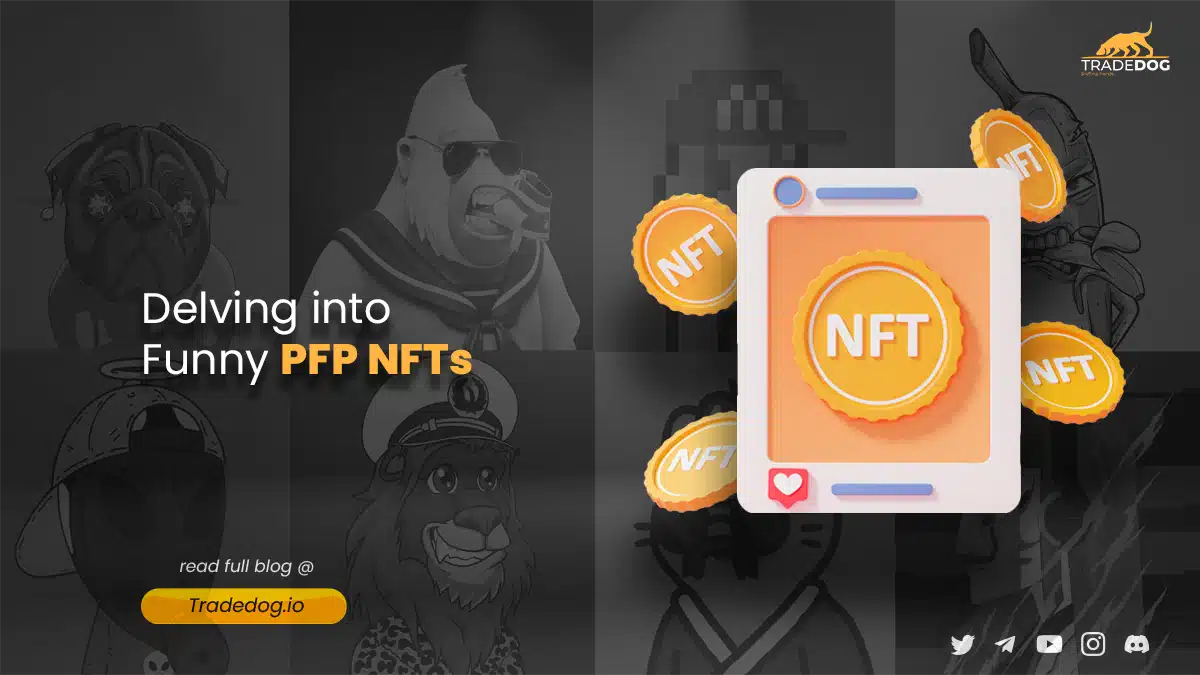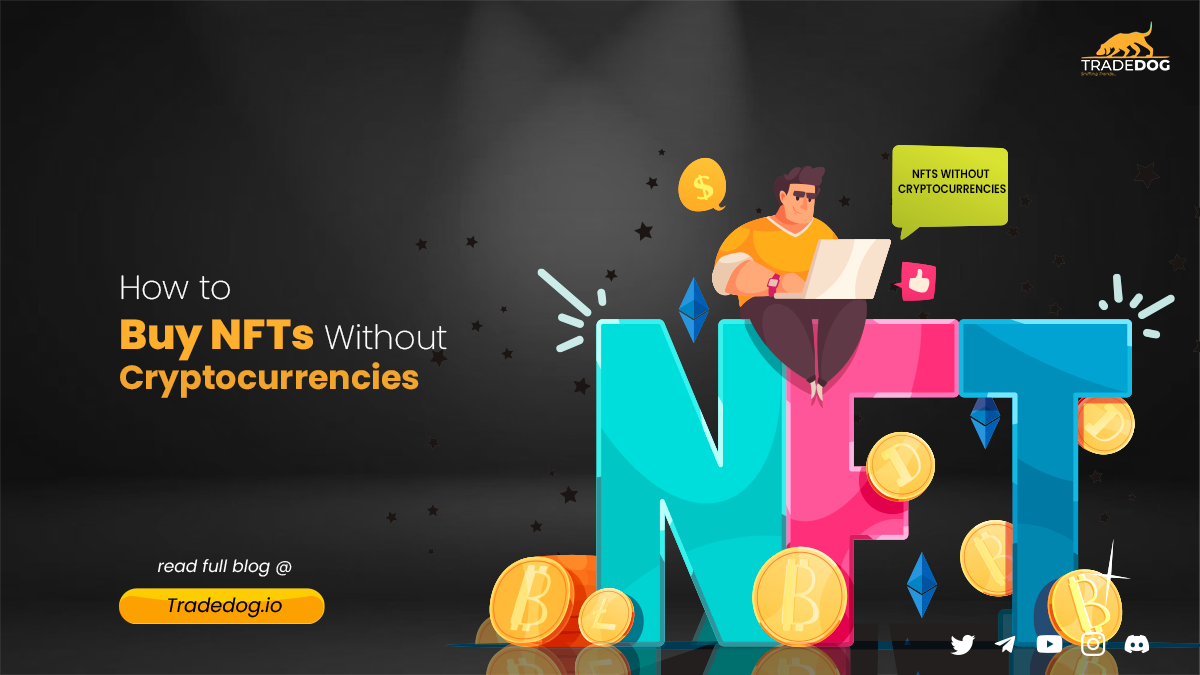Quick Links
In recent years, NFTs have gained immense popularity as a new method for trading digital assets. Originally associated with artwork, NFTs have now expanded into various sectors, including the fashion industry. They are widely used in gaming & metaverse platforms like Roblox and Decentraland and adopted by major brands like Gucci, Louis Vuitton, Adidas and many others. In this blog, we will delve into the world of fashion NFTs, exploring the benefits and challenges along with popular startups which have emerged in this industry.
Recap of NFTs
NFTs or Non-Fungible Tokens are unique digital items issued on the blockchain and hold similar qualities to items in the real world. Just like the authenticity of physical items is confirmed by receipts, seals or documents, with NFTs, all of this happens using blockchain technology. Authenticity is the key utility of NFTs as it allows users to track when it was minted, who bought it and who owns it. These digital items are distinguishable as each carries a unique address, proving that the token holder owns a particular digital asset. It is widely used in creative fields like fashion, art and music, real estate, game assets, concert tickets, membership passes, and more.
NFT in Fashion Industry
In the fashion industry, NFTs represent and sell special digital fashion items. These items can include virtual clothing, accessories, and even virtual fashion shows. They offer a fresh way for brands to connect with their audiences, build stronger loyalty, and provide unique customer experiences.
Though the NFT fashion market is in its nascent stage of development, there are notable examples of successful NFT sales in the industry. Nike has developed a considerable position in the NFT space and has generated revenue of more than $186 million, followed by D&G and Tiffany.
Need of NFT by fashion companies
Due to the pandemic, brand stores were closed, and fashion shows were canceled. The fashion houses resorted to the digital world for branding and partnered with video games and metaverse platforms to connect with customers and generate revenue. This ignited the users’ interest in virtual fashion and the digital world and has reported a sales of $245 million in sales through fashion NFTs.
Here we have listed why NFTs have become so popular among fashion houses:
(I) Provenance and Authenticity: One of the significant benefits is that it allows creators to authenticate the ownership of fashion items. Blockchain technology enables them to track the ownership history and ensures consumers purchase genuine products.
(II) Limited Editions & Exclusivity: Fashion brands, including but not limited to Prada, D&G, Gucci, and Burberry, launched limited edition collections allowing consumers to own a digital representation of the fashion piece or accessory. These digital tokens can be collected, traded, or even used to unlock special privileges or experiences associated with the physical item.
(III) Enhanced Customer Engagement: NFTs can foster deeper engagement between fashion brands and consumers. Brands can gamify their marketing strategies by issuing NFTs as rewards or incentives for participation in events, gaming platforms, contests, or brand loyalty programs.
(IV) Royalties & Resale Value: NFTs can provide a mechanism for designers, fashion brands and creators to earn royalties from the secondary market sales of their digital creations. Smart contracts embedded within NFTs can automatically trigger royalty payments to the original creators whenever the NFT is resold, providing ongoing revenue streams for designers and artists.
(V) Virtual Fashion & Metaverse Integration: As virtual environments and metaverses continue to gain popularity, NFTs can play a crucial role in the fashion industry’s presence in these digital spaces. Fashion brands can create and sell virtual fashion items as NFTs, allowing users to dress their avatars or display unique digital fashion pieces in virtual worlds.
Popular Startups in the Industry
DressX
Backed by renowned investors, including Greenfield Capital, Warner Music Group, and Slow Ventures, DressX is one of the leading digital fashion companies, having partnered with major luxury brands, including Dior, Fendi, Balenciaga and more. It allows users to try & wear and then purchase digital clothes featured in major publications such as Vogue, Harper’s Bazaar, and The New York Times.
UNXD
UNXD is a marketplace with a curated selection of NFTs from luxury brands, including Valentino and D&G. Founded in 2021, it has raised $4 million in a Series A round led by leading blockchain gaming studio Animoca Brands.
RTFKT
Founded in 2020, RTFKT is a digital design studio that creates virtual sneakers and collectibles. Nike has recently acquired it and has a partnership with Rimowa and uses the latest in game engines, NFT, blockchain authentication, and augmented reality to create its products.
Fabricant
Fabricant is a digital fashion house where virtual garments are created using 3D design software to create custom garments and then minted as NFTs which can be bought and sold on blockchain marketplaces. These garments are worn by notable celebrities, including Katy Perry, Grimes and others.
NFJ Labs
Founded by Naman Siddharth, Alessio Boschi & Devchand Chodhry, NFJ Labs aims to digitize physical jewellery into NFTs, ensuring authenticity and true ownership of these high-valued assets. They are also developing a metaverse that would allow jewellers/artists from around the globe to exhibit and sell their jewellery collections as NFTs.
Challenges being faced in the industry
(I) Intellectual Property Rights: One of the significant risks in NFTs is infringing on intellectual property rights. The complexities arise when someone creates an NFT of the copyrighted work without permission from the original creator.
(II) Standardization and Interoperability: The NFT space lacks standardization, which can result in interoperability issues. Different NFT platforms may have varying technical specifications, smart contract standards, and marketplaces, making it challenging for creators and consumers to navigate the ecosystem seamlessly.
(III) Financial Regulations: NFTs can be bought and sold like other assets but are subject to financial regulations in some jurisdictions. This creates non-compliance issues in cases when authorities like The Securities & Exchange Commission (SEC) from the USA have stated to consider some NFTs as securities and subject to regulations under securities law.
Conclusion
The fashion industry has immense potential in the future of NFTs, with its growth mirroring the broader NFT market. According to SkyQuest Technology, the global NFT market is expected to reach USD 122.43 Billion by 2028, at a CAGR of 34.10% over the forecast period (2022 – 2028). Overall, while there are challenges associated with NFTs, the potential benefits for fashion brands make it a technology worth exploring.





